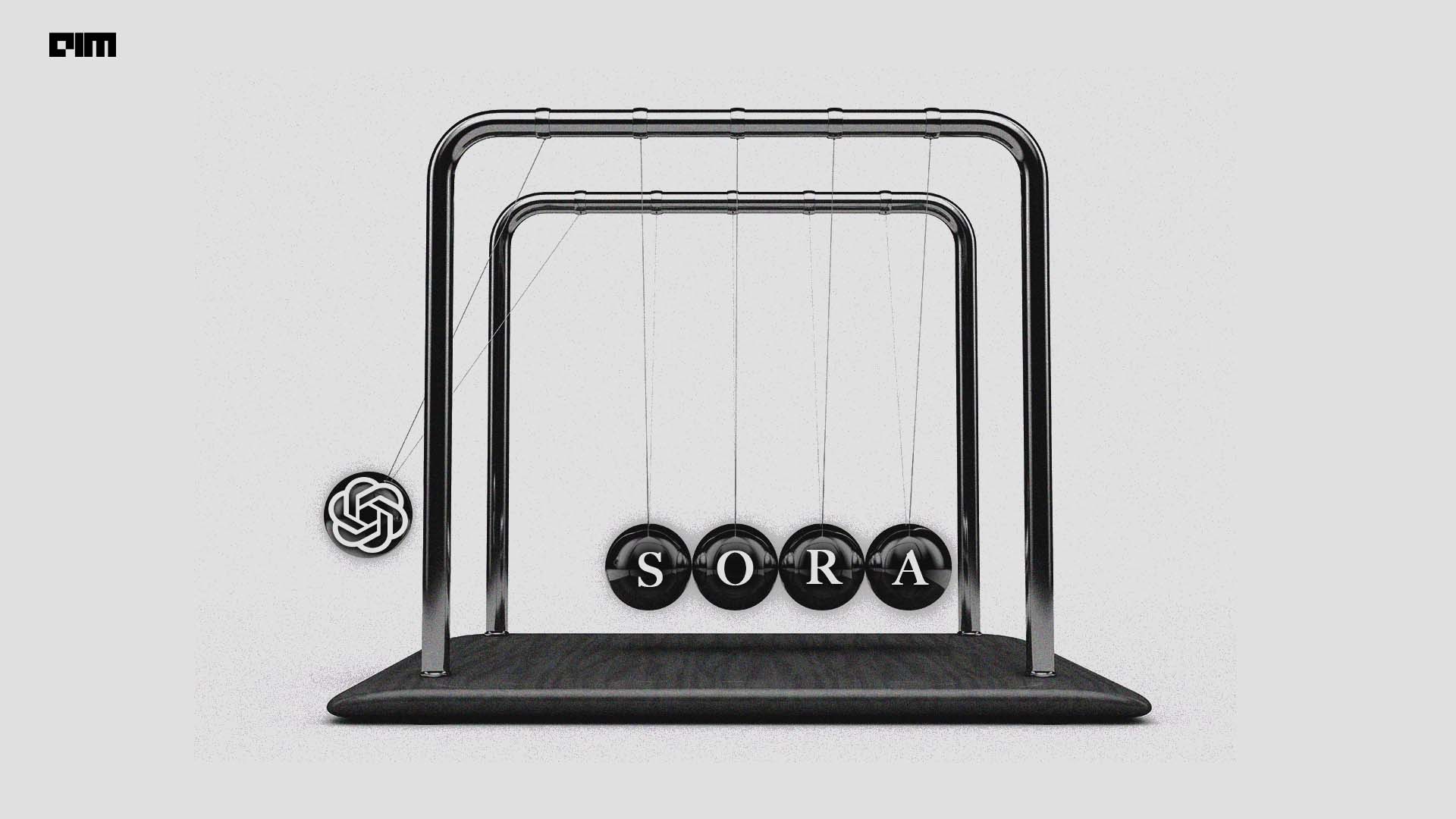OpenAI's Sora Sparks Physics Debate Among AI Experts
核心概念
The author argues that OpenAI's Sora model faces criticism from AI experts regarding its understanding of physics and generative capabilities.
摘要
OpenAI's Sora model has sparked a heated debate among AI experts, with criticisms focusing on its accuracy in video generation and the underlying physics understanding. Competitors like Meta and Google have questioned the model's grasp of the physical world, emphasizing the importance of causal prediction over mere video generation. Despite OpenAI's belief in Sora's potential to simulate the real world using transformer architecture, experts like Eric Xing and Elon Musk remain skeptical about its capabilities. The debate highlights the ongoing challenges in achieving Artificial General Intelligence (AGI) through advanced models like Sora.
客製化摘要
使用 AI 重寫
產生引用格式
翻譯原文
翻譯成其他語言
產生心智圖
從原文內容
前往原文
analyticsindiamag.com
OpenAI Sora Ignites Physics Debate
統計資料
"The generation of mostly realistic-looking videos from prompts does not indicate that a system understands the physical world."
"An agent model that can reason based on understanding must go beyond LLMs or DMs."
"Sora learns a physics engine implicitly in the neural parameters by gradient descent through massive amounts of videos."
"'Sora is not learning physics, it’s just manipulating pixels in 2D.' I respectfully disagree with this reductionist view."
"Reality is Sora, while being amazing, is still not ready yet to model physics accurately."
引述
"The generation of mostly realistic-looking videos from prompts does not indicate that a system understands the physical world." - Yann LeCun
"An agent model that can reason based on understanding must go beyond LLMs or DMs." - Eric Xing
"Sora learns a physics engine implicitly in the neural parameters by gradient descent through massive amounts of videos." - Jim Fan
"'Sora is not learning physics, it’s just manipulating pixels in 2D.' I respectfully disagree with this reductionist view." - Jim Fan
"Reality is Sora, while being amazing, is still not ready yet to model physics accurately." - Aravind Srinivas
從以下內容提煉的關鍵洞見
by Vandana Nair 於 analyticsindiamag.com 02-19-2024
https://analyticsindiamag.com/openai-sora-ignites-physics-debate/
深入探究
How might advancements in models like Sora impact future developments in Artificial General Intelligence (AGI)?
Advancements in models like Sora could significantly impact the development of Artificial General Intelligence (AGI) by pushing the boundaries of what AI systems can achieve. By focusing on video generation and understanding physics, these models are moving towards a more comprehensive understanding of the world, which is crucial for AGI. The ability to simulate real-world scenarios accurately, as seen in Sora's use of transformer architecture similar to GPT models, lays a foundation for AGI to understand and interact with its environment more effectively. As researchers continue to refine and improve upon these models, they pave the way for AGI systems that can learn from vast amounts of data and make sense of complex relationships within it.
What are some potential drawbacks of prioritizing video generation over deep understanding of causal relationships within AI models?
While advancements in video generation capabilities showcase impressive feats in AI technology, there are potential drawbacks when prioritizing this over developing a deep understanding of causal relationships within AI models. One major concern is that focusing solely on generating realistic videos may lead to superficial or misleading results without truly grasping the underlying mechanisms at play. Models like Sora may excel at creating visually appealing content but struggle with accurately simulating complex cause-and-effect scenarios or predicting outcomes based on deeper insights into how different variables interact. This emphasis on surface-level outputs could hinder progress towards building AI systems that can reason causally and make informed decisions based on nuanced relationships between factors.
How can debates surrounding models like Sora contribute to broader discussions on ethics and responsibility in AI development?
Debates surrounding models like Sora play a crucial role in shaping broader discussions on ethics and responsibility in AI development by highlighting key considerations related to transparency, accountability, and bias mitigation. As experts scrutinize the capabilities and limitations of advanced AI technologies such as Sora's video-generation model, they raise important questions about how these systems should be designed, deployed, and regulated ethically. Issues such as ensuring fairness in algorithmic decision-making processes, addressing potential biases embedded within training data used for model development, and promoting transparency around how AI systems operate all come into focus during these debates. By engaging in critical conversations about the implications of cutting-edge technologies like Sora for society at large, stakeholders can work towards establishing ethical guidelines that prioritize human well-being while advancing innovation responsibly.
0
